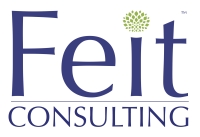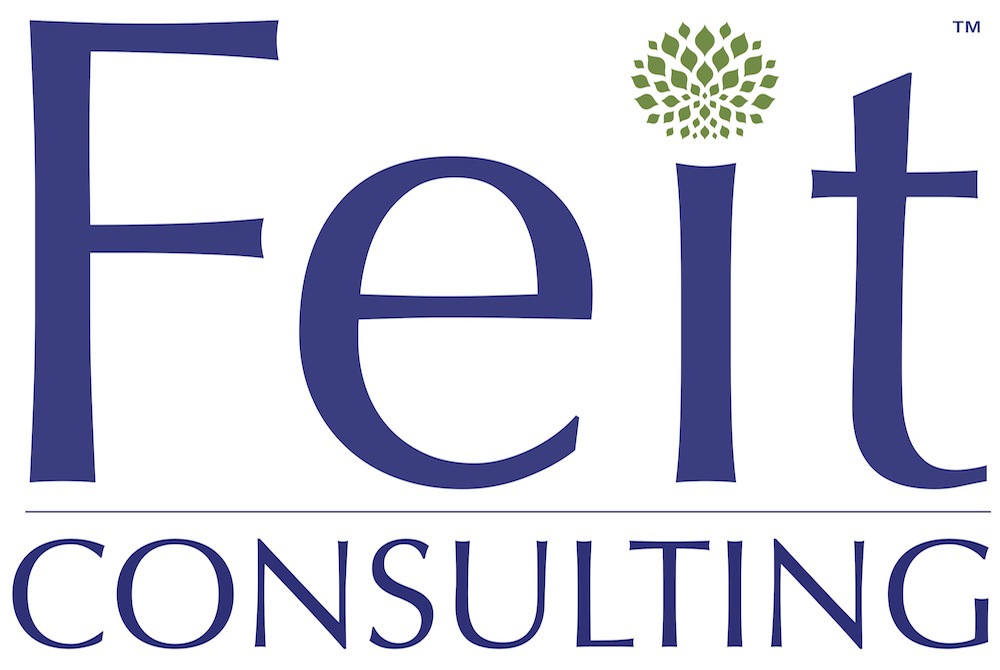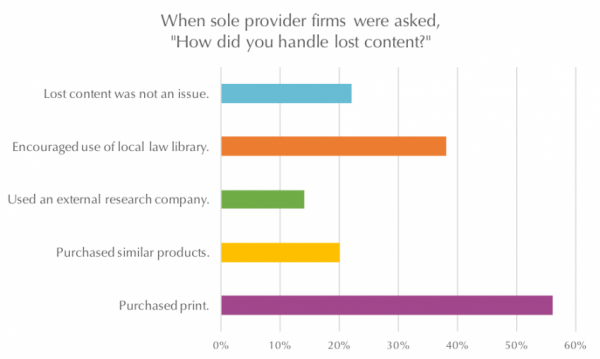
The Value of Electronic Resource Management (ERM) Tools for Law Firms
By Michael Feit | Best Practices , Resources
There is great value in providing metrics to management on the utilization of library resources. To be a truly modern library, you need to be able to access and analyze real-time data about your online subscriptions and library services and how they are being utilized. With many Electronic Resource Management (ERM) tools on the market, if your firm doesn’t already have one in place, it may be the time to consider such an investment. While the upfront expense might seem significant, presenting the purchase to management in a business case and showing return on investment that the ERM will provide can go far to help management better understand the value of the purchase.
The data analysis and insight an ERM tool provides in evaluating electronic subscriptions for renewal or cancellation may in fact help to offset the actual costs of the ERM purchase. In terms of contract negotiations for electronic subscriptions, ERMs provide you with the raw data regarding actual usage of your online vendors. This is powerful information and can help guide your decisions on whether to retain or cancel an expensive subscription or try to negotiate a lower fee if usage is low. You can pull reports and chart usage with ease based on a wide variety of criteria, including office location, practice group, individual user, and date ranges. The canned reports allow you the flexibility of charts and graphs to help explain to management library expenses, especially at budget time. ERMs can also fulfill many other functions.
Key benefits and capabilities of ERMs:
- Help manage your contracts.
- Review research queries within databases to identify users who may require additional training.
-
Utilize password management tools to make it easy for users to hop onto databases by having their passwords pre-populated and allow users instant access to firm-wide resources.
-
Identify the top users of online resources to inform them of database enhancements and additional training.
-
Analyze usage, allowing the library to market any under-utilized online resources.
-
Avoid out-of-contract costs by including warning screens and messaging in online databases to direct your users to alternate resources when they go to excluded content.
-
As many ERMs allow for client/matter number validation, track and bill clients for time spent performing research on databases.
-
Promote mobile research and access to online resources and passwords.
- By tracking research and reference queries, many ERMs allow users to submit research requests online, which provides a centralized place to manage library research requests and allows for easy reporting of statistics.
- Track metrics that make it easier to communicate the value of the library to firm management.
A few key players in this space are Priory Solutions (ResearchMonitor), OneLog, and Lucidea (LookUp Precision). As described above, the ERM product suite is robust. You do not have to buy everything at once. Assess your immediate needs and go from there. Purchase and implement; then see how the product allows you to calculate metrics. Show that data to management. In doing so, future ERM module purchases will be easier for management to understand because they are already seeing the power of the ERM tool. `






